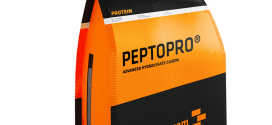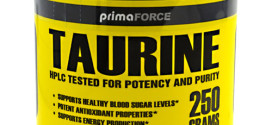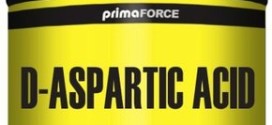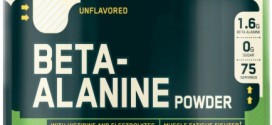Supplement Ingredient Guide: Echinacea

What is it?
Echinacea is a floral extract sold in pharmacies to help treat colds/flu symptoms. It does so by stimulating the body to produce more of a certain type of white blood cells which would fight infection. That very kind of white blood cells also stimulates the kidney to produce more red blood cells.
Indications
Echinacea is indicated for those looking to enhance their immune system.
How much should I take?
The recommended doses of Echinacea are:
- Dried for use in a beverage such as tea: 1 – 2 grams dried root
- Liquid extract: 2 – 3 ml
- Powdered extract containing 4% phenolics: 300 mg
Unlike most supplements, Echinacea is not one to be taken everyday. The maximum consecutive use is about 10-14 days.
For illness, it’s best to take Echinacea when first feeling the signs of a cold or flu coming on.
Research
There is no doubt what so ever that echinacea enhances the body’s immune system. A lot of evidence backs it up, going even further to say that it can speed up recovery from a cold/flu symptoms. This means that Echinacea not only reduces the risk of you getting a cold/flu, but it would also help clear up the symptoms and speed up your recovery if you were to contract either.
Another claim surrounding Echinacea is its ability to stimulate the kidney to produce hormones responsible for erythropoesis meaning the body has more Red Blood Cells (RBCs) going around. This would increase the body’s affinity to oxygen meaning more oxygen can be carried around the blood to the body. This is great for those taking part in endurance sport since it hinders the onset of fatigue meaning they improve their endurance.
Side effects
The biggest possible side effect is an allergic reaction is extremely rare, yet can be fatal. Aside from that, echinacea has been deemed safe for the public.
References
1. Linde K, Barrett B, Woelkart K, Bauer R, Melchart D. Echinacea for preventing and treating the common cold. Cochrane Database Syst Rev. 2006; (1): CD000530.
2. Turner RB, Bauer R, Woelkart K, Hulsey TC, Gangemi JD. An evaluation of Echinacea angustifolia in experimental rhinovirus infections. The New England Journal of Medicine. 2005; 353(4): 341–348.
3. Granato H. Echinacea May Support Immunity in Athletes. Nat Prod Insider 2007
4. Block KI. Immune System Effects of Echinacea, Ginseng, and Astragalus: A Review. Intergrative Cancer Therapies 2003; 2 (3): 247-67
5. Whitehead MT, Martin TD, Scheett TP, Webster MJ.Int J Sport Nutr Exerc Metab. 2007 Aug;17(4):378-90.
 Supplement Judge Unbiased Supplement Reviews – Do they really work??
Supplement Judge Unbiased Supplement Reviews – Do they really work??




